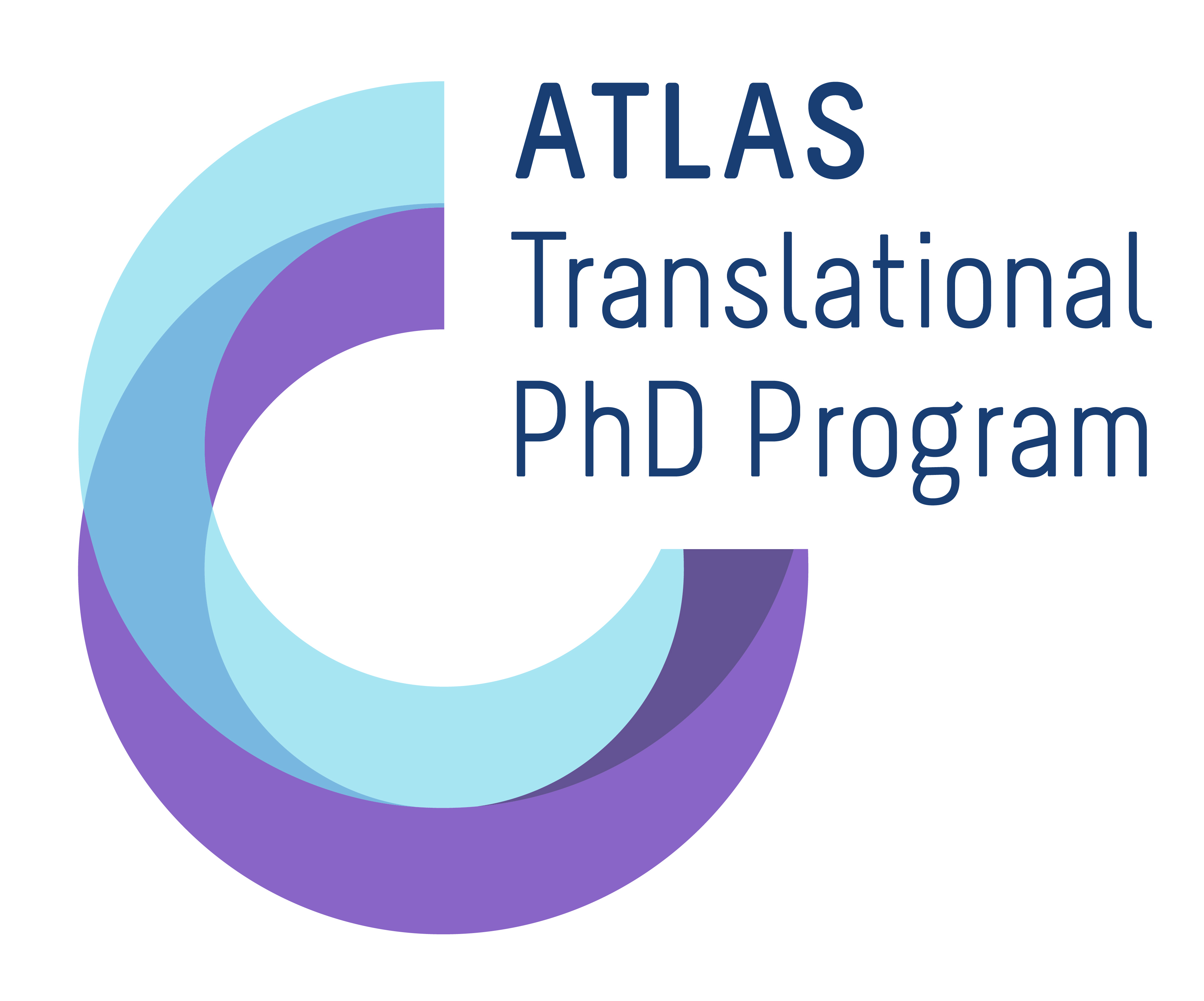Scientific background
Cancers with low tumor mutation burden (TMB), such as pancreatic, prostate, ovarian, leukemias, and uveal melanoma, often present a limited number of targets for immunotherapy. This makes identifying alternative sources of tumor-specific antigens especially important in these cancer types. Alternative splicing in tumor cells can give rise to novel antigens that can trigger immune responses. While their expression varies within healthy tissue, some tumor-specific splice variants have been characterized as valuable immunogenic targets. They are recognized by reactive T cells and trigger splice variant-specific immune responses, but their contribution to anti-tumor immunity and therapeutic potential remains largely unclear.
PhD project description
The goal of the project is to identify and deeply characterize tumor-specific splice variants among patients with low TMB tumors that trigger immunogenic responses. Additionally, we aim to assess the abundance and relevance of splice variants as immunotherapeutic targets in in-house cohorts compared to other antigens classes (e.g. single nucleotide variants, insertions and deletions, and gene fusions, etc.). To this end, the PhD student will combine wet and dry lab work in close collaboration with multiple internal units. More specifically, single-cell RNA-seq/TCR-seq and long-read RNA sequencing will be applied to identify candidate reactive TCRs and splice variants respectively. The data will be analyzed by in-house established computational pipelines and will be used to design and establish in vitro immunoassays to characterize the anti-tumoral immunogenicity of splice variants and to identify their cognate reactive TCRs.
Required profile of the candidate
The ideal candidate should have:
Experience in molecular biology and mammalian cell culture
Experience in mammalian cell transfection, in vitro immunoassays and genetic engineering would be of benefit
Experience or interest in applying bioinformatics tools for computational analysis of single-cell and long-read sequencing data (preferable languages R and Python)
Background in Next-Generation Sequencing and Immunology is a plus
Strong enthusiasm to work in an interdisciplinary setting
Eagerness to learn, establish and develop cutting-edge methodologies
Strong communication skills (e.g. presentation of results and progress in meetings)
Fluency in English
Publications relevant to the project
Weber et al., Accurate detection of tumor-specific gene fusions reveals strongly immunogenic personal neo-antigens, Nat. Biotechnol., 2022
Kwok et al., Tumour-wide RNA splicing aberrations generate actionable public neoantigens, Nature, 2025
Li et al., Splicing neoantigen discovery with SNAF reveals shared targets for cancer immunotherapy, Sci. Transl. Med., 2024
Ji et al., Large-scale transcript variants dictate neoepitopes for cancer immunotherapy, Sci. Adv., 2025
Lang et al., Prediction of tumor-specific splicing from somatic mutations as a source of neoantigen candidates, Bioinform. Adv., 2024
Kohlgruber et al., High-throughput discovery of MHC class I- and II-restricted T cell epitopes using synthetic cellular circuits, Nat. Biotechnol., 2024
Gaglione et al., Scalable TCR synthesis and screening enables antigen reactivity mapping in vitiligo, bioRxiv, 2025
